Since the biblical Joseph went from being a prisoner to Prime Minister of the whole Egypt – a global superpower that year, a couple men have risen above detention to lead their countries. We have listed 10 of them here. Enjoy, be motivated, and share.
1. Nelson Mandela
Nelson Rolihlahla Mandela (18 July 1918 – 5 December 2013) was a South African anti-apartheid revolutionary, political leader, and philanthropist, who served as President of South Africa from 1994 to 1999. He was the country’s first black head of state and the first elected in a fully representative democratic election.
Mandela was arrested a lot of times, but most notable was his incarceration from 1962 to 1990. He spent a total of 28 years in prison after he was found guilty of sabotage and conspiracy to violently overthrow the government via Umkhonto we Sizwe (“Spear of the Nation”, abbreviated MK), a militant group he co-founded in 1961.
After widespread agitation, global protests, and pressure from the UN, Mandela was finally granted unconditional freedom in February 1990. He led the ANC to the 1994 elections and became the president of South Africa.
2. Fidel Castro
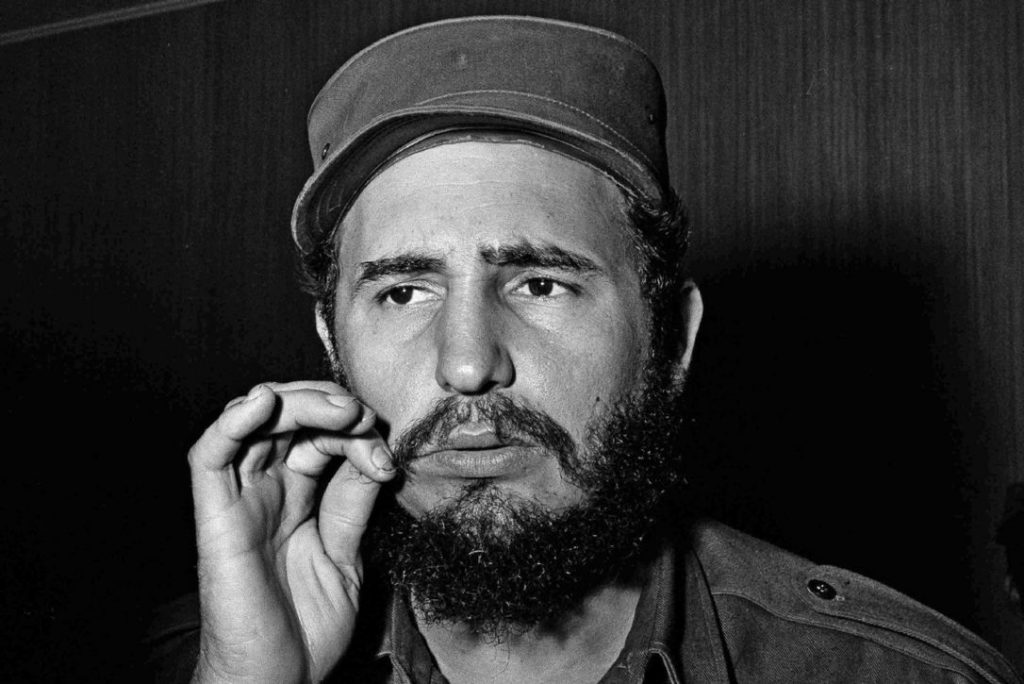
Fidel Alejandro Castro Ruz (August 13, 1926 – November 25, 2016) was a Cuban communist revolutionary and politician who governed the Republic of Cuba as Prime Minister from 1959 to 1976 and then as President from 1976 to 2008.
In 1952, Castro was a candidate in the House of Reps election, and he was billed to win. But in March 1952 a coup led by General Fulgencio Batista successfully overthrew the government and the upcoming election was cancelled, leaving Castro without a legitimate political platform and little income with which to support his family.
Batista set himself up as dictator, solidified his power with the military and Cuba’s economic elite. In response, Castro and fellow members of the Partido Ortodoxo organized a group they called “The Movement” and planned an insurrection. On July 26, 1953, Castro and approximately 150 supporters attacked the Moncada military barracks outside of Santiago de Cuba in an attempt to overthrow Batista. However, the attack failed and Castro was captured, tried, convicted and sentenced to 15 years in prison. His brother Raúl (who is current president of Cuba) was also among those imprisoned.
In 1955, Castro and other perpetrators of the Mocanda incident were released after Batista was pressured to grant them amnesty. Between 1956 and 1959 he waged a Guerrilla war against Batista’s military. Despite their numerical and technological superiority, Batista’s army had no experience with guerrilla warfare, and Castro halted their offensive using land mines and ambushes. Many of Batista’s soldiers defected to Castro’s rebels, who also benefited from local popular support. In the end, Batista fled Cuba (with $300million) and a new Provisional Leader was sworn in. Castro wielded a lot of influence in the government and soon enough, he became Prime Minister (1959), then President (1976).
3. Olusegun Obasanjo
Olusegun Matthew Okikiola Aremu Obasanjo (born 5 March 1937) is a former Nigerian army General and was a president of Nigeria twice, once as a military ruler from 13 febuary 1976 to 1 October 1979 and as a democratically elected president from 29 May 1999 to 29 May 2007.
Obasanjo was imprisoned during the military dictatorship of Sani Abacha (1993-1998). He spoke out against the human rights abuse of the Abacha regime, and was arrested and imprisoned for alleged participation in an aborted coup based on testimony obtained through torture. Obasanjo was eventually released after the death of Abacha on 8 June 1998.
After his release, Obasanjo decided to run for presidency on the platform f the Peoples Democratic Party, PDP, where he defeated Chief Olu Falae, the joint candidate of the All Peoples Party, APP, and the Alliance for Democracy AD. Obasanjo swept the elections with 62.6% of the votes. He became the first elected and civilian head of state in Nigeria after 16 years of military rule.
4. Kwame Nkrumah
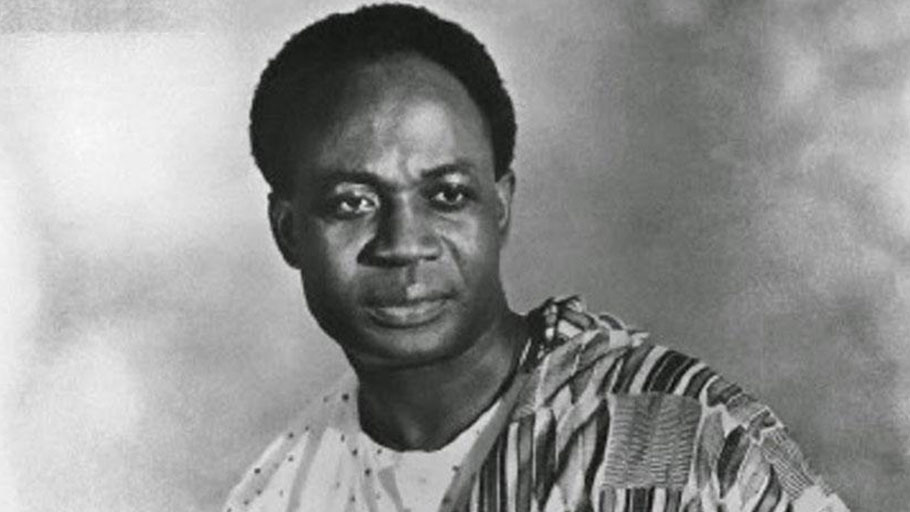
Kwame Nkrumah (21 September 1909 – 27 April 1972) was the first prime minister and president of Ghana, having led it to independence from Britain in 1957.
In 1949, when the British colonial masters selected 6 middle-class Africans to draft a new constitution that will give Ghana more self-government, Nkrumah who was then leader of the Conventions People Party (CPP) knew that the recommendations would not give Ghana full independence and demanded that a constituent assembly write the constitution. The then British Governor Charles Arden-Clark refused to commit to this, so Nkrumah called for Positive Action – with unions beginning a general strike on the 8thof January 1950. The strike became violent, so Nkrumah and other CPP leaders were arrested and sentenced to 3 years in prison.
As Ghana prepared for elections, Nkrumah’s assistant, Komla Agbeli Gbedemah, ran the CPP, with Nkrumah influencing events through smuggled notes written on toilet paper. The election finally ended with the CPP winning 34 of 38 seats, including Nkrumah’s Accra constituency, Arden-Clarke ordered Nkrumah’s release and asked him to form a government. He was Prime Minister from then till Ghana became fully independent in 1957, and became president in 1960.
5. Ricardo Lagos
Ricardo Froilan Lagos , born on 2 March 1938 is a Chilean lawyer, economist and social democrat politician who served as President of Chile from 200 to 2006. Lagos played a basal role in the fight for the recovery of democracy in Chile. He was one of the leaders of leaders of the Socialist Party of Chile until he became president in 2002
Before Lagos’ emergence, Chile was been ruled by the despotic General Augusto Pinochet who took over power from socialist ruler Allende through a coup on 11 September 1973. Lagos and his family left the country to Argentina in order to escape the iron rule of Pinochet. However, Laos and his family felt home sick and eventually returned to Chile where he got a job as a consultant and economist for he United Nations’ Regional Development Agency.
In September of 1986 an attempt was made to assassinate Pinochet, and immediately almost 50 people known to be politically liberal were arrested, including Lagos. Lagos was held for almost three weeks, even though he had nothing to do with the attempt to kill the President. He came out of the situation ready to do whatever he could to return democracy to Chile.
In December of 1989 Lagos ran for a senate seat during the elections bit lost. He went on to serve as the minister of education under the new President, Patricio Aylwin Azocar. Lagos ran for presidency in 1993 but lost again in the primaries. This didnot deter his ambition as he ran againin 1999 and eventually won in after a run off election was held in 2002.
6. Jomo Kenyatta
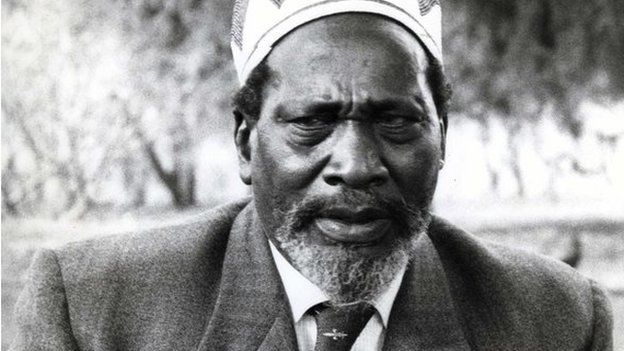
Jomo Kenyatta, (1897 – 22 August 1978) was a Kenyan anti-colonial activist who played a significant role in the transformation of Kenya from a colony of the British Empire to an independent republic.
In 1947 he was elected President of the Kenya African Union, through which he lobbied for independence from British colonial rule, attracting widespread indigenous support yet animosity from white settlers. In 1952, he was among the Kapenguria Six arrested and charged with masterminding the anti-colonial Mau Mau Uprising. He was convicted and remained imprisoned until 1959, then exiled until 1961. On his release, Kenyatta was appointed President of KANU (Kenya Africa National Union) and led the party to victory in the 1963 general election. He became Prime Minister and oversaw the transition of the Kenya Colony into an independent republic. He became President in 1964 and ruled till 1978 when he died of stroke.
7. Robert Mugabe
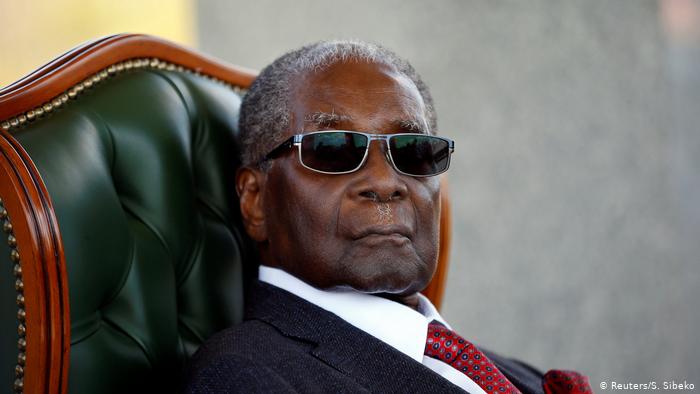
Robert Gabriel Mugabe (born 21 February 1924) is a Zimbabwean revolutionary and politician who was leader of Zimbabwe since the country gained independence in 1980 till the 21stof November 2017, when he was forced to resign after a bloodless coup.
Due to his activism, opposition to British rule, and position as Sec-Gen of the Zimbabwe African National Union (ZANU), Mugabe was arrested in December 1963 and sentenced to 21 months imprisonment. Sympathetic black warders used to smuggle messages from Mugabe and other members of the ZANU executive committee to activists outside the prison. At the executive’s bidding, ZANU activists attacked a white-owned farm, killing its inhabitants. The government responded by extending Mugabe’s prison term indefinitely. He was eventually released in November 1974, and from 1975, he began waging guerilla wars against the white rulers. This ultimately led to the UK granting the then Rhodesia full independence – on the condition that they conduct a democratic election. Mugabe led ZANU-PF to victory in that election and became Prime Minister in April 1980.
8. Jacob Zuma
Jacob Zuma was born in Nkandla, South Africa, on 12 April 1942. Zuma served as the fourth president of South Africa from 2009 until his resignation on 14 February 2018. Before his rise to presidency, Zuma had initially served as the Deputy President of South Africa from 1995 to 2005 under the administration of President Thabo Mbeki, but was dismissed on the basis of corruption allegations.
Zuma had faced significant legal challenges before and during his presidency, however, prior to any political office, Zuma served time in prison for his involvement with a militant wing, and for his fight against apartheid in South Africa while a member of the African National Congress (ANC) . Zuma joined the ANC in 1959 and eventually joined its military wing known as Umkhonto we Sizwe (“Spear of the Nation”) in 1962. He was arrested in 1963 and sentenced to 10 years in prison on Robben Island for conspiring to overthrow South Africa’s apartheid government.
After his release from prison, Zuma continued to work for the ANC, recruiting members for the Umkhonto we Sizwe. He remained a member of the ANC and rose in the party’s ranks. In December 1997 he was elected deputy president of the ANC and in June 1999 he was appointed deputy president of South Africa by Thabo Mbeki. After his legal struggles, he became the president of the ANC in 2007, two years before his election as president of South Africa.
9. Muhammadu Buhari
Muhammadu Buhari (born 17 December 1942) is a retired Major General, former head of state from 31 December 1983 to 27 August 1985, and current President of Nigeria. After his first tenure as a military head of state which ended in a prison sentence, Buhari went on to contest in four presidential elections of which he lost the first three until his victory in 2015
In August 1985, Major General Buhari was overthrown in a military coup led by General Ibrahim Babangida and other members of the ruling Supreme Military Council (SMC). Buhari was detained in 1985 in a small guarded bungalow in Benin for three years until 1988. He had access to television that showed two channels and members of his family were allowed to visit him on the authorization of Babangida.
From 2003 to 2011, Buhari contested and lost in three different president presidential elections. In 2003 and 2007, he contested under the All Nigeria Peoples Party (ANPP). In 2011 he changed party to the Congress for Progressive Change (CPC) where he lost again to PDP and its candidate Goodluck Jonathan. Buhari eventually succeeded in 2015 when he contested under the All Progressive Congress and defeated the incumbent Goodluck Jonathan of the PDP President Buhari’s win in 2015 was regarded as a landmark victory because it marked the end of PDP’s rule since 1999.
10. Daniel Ortega
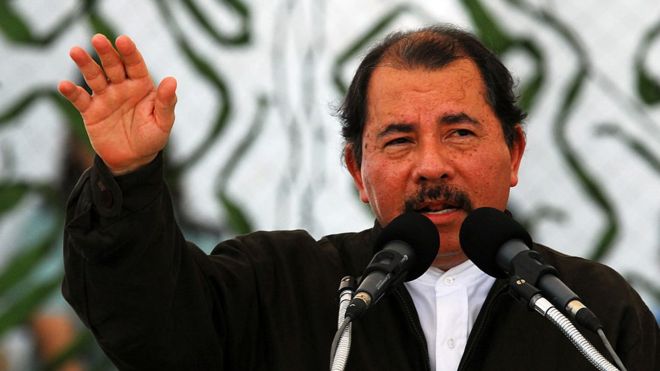
Daniel Ortega was a Nicaraguan guerrilla leader and Sandinista before he served as president of Nicaragua from 1984 to 1990. He was reelected for three consecutive terms in 2007, 2011 and 2016.
Early in his youth, Ortega moved with his family to Managua, where he eventually attended Central American University. Ortega cut short his studies, however, and in 1963 went underground as a member of the Sandinista National Liberation Front (FSLN), a group aiming to overthrow the country’s dictator, Anastasio Somoza, who had ruled Nicaragua since 1937.Arrest and Release
In 1967, Ortega and several other FSLN members were arrested following a botched bank robbery that they had attempted to raise funds for the group. Tortured repeatedly during his time in prison, Ortega was finally released in 1974 as part of a hostage exchange program.
After slipping off to Cuba for several months of guerrilla training, Ortega returned to his home country. Over the next five years he helped lead a military campaign that ultimately forced Somoza to flee from Managua in 1979 and go into exile. Elected President
In the wake of Somoza’s departure, a five-member group called the Junta of National Reconstruction came to rule the country. As one of its core members, Ortega was named junta coordinator in 1981. Three years later Nicaraguan voters elected him president of the country.

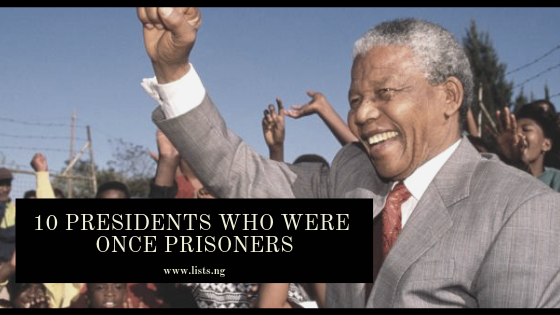
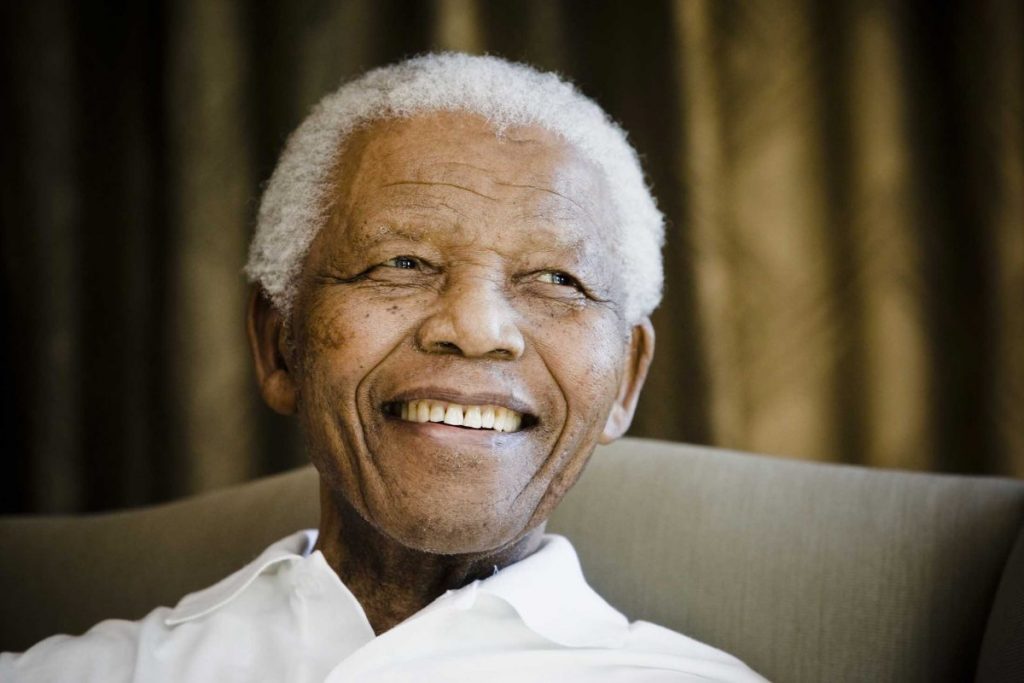

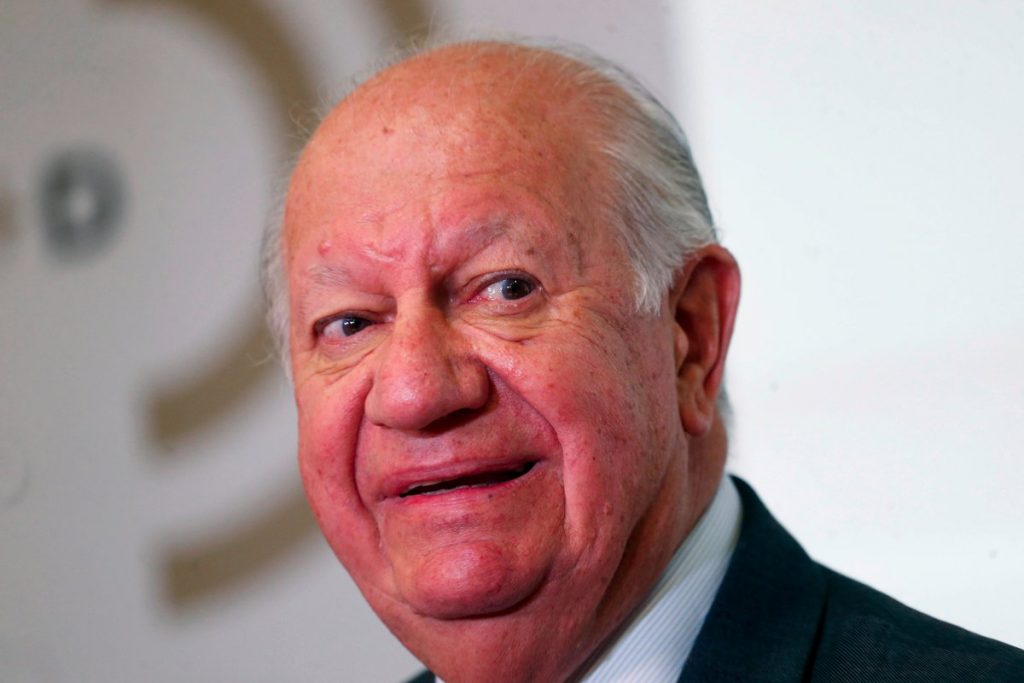

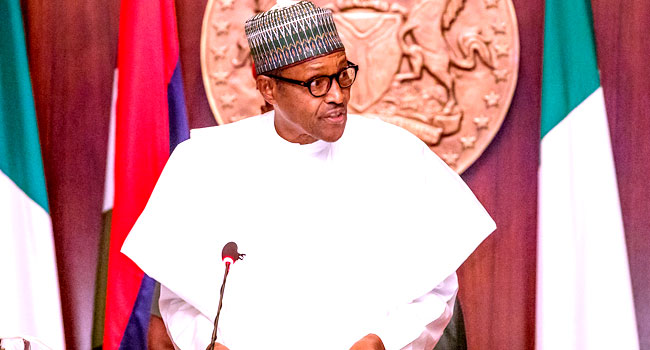

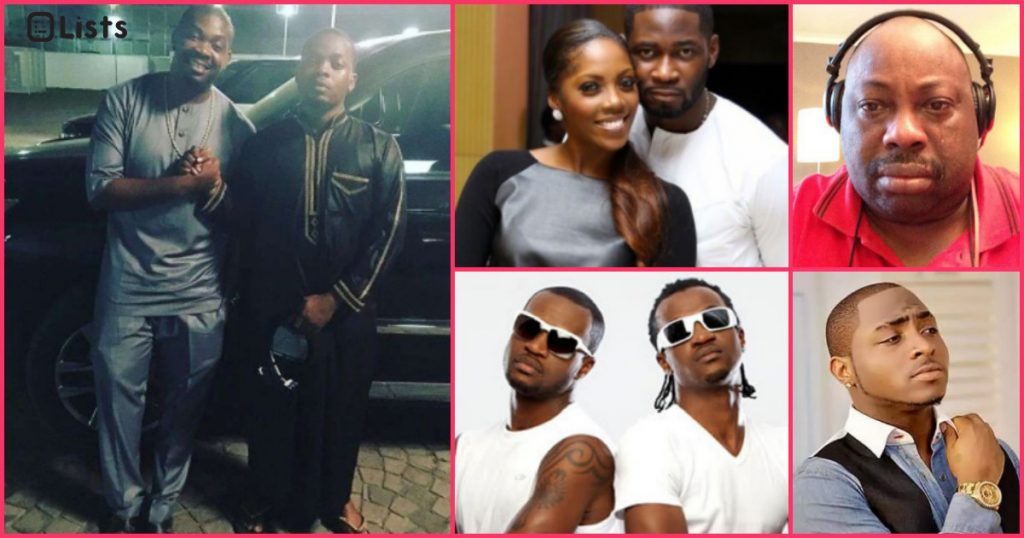
You forgot Hitler, Stalin and Lula.
However, it is not only a shame but a disgrace that political rule should be subjected by criminal’s.
Gone seems the era where politicians should have a kleen criminal record. Since the ‘lawless man’ came to ‘power’ of oppression. Countries and millions of people get oppressed, gruesome killed. Economies goes to Shambles and malnutrition becomes a world wide reality, yet no one care or dear to intervene. In reality we have to acknowledge that since stupidity became a rule, nothing is good any more, crime does get a new meaning in this dispensation where nobody appreciates the crime rule and gruesome lifestyles we are subjected to.